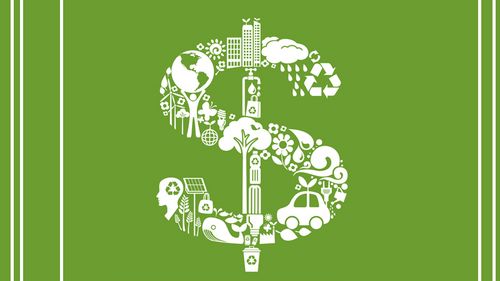
The Challenge of Responsible Consumption
Objectives
- Develop the reflex of researching a purchase before deciding to buy;
- Understand how our consumption affects our health, finances, social network, environment and the economy.
Description
Students learn the steps to responsible decision-making and apply the process to their own situation.
Equipment
Introduction
Ask students what their most recent purchase is, then ask them to take 30 seconds to consider whether they made a good purchase and why.
Ask them to share their answers with the class, and sketch a picture of what a good buying decision looks like. You can also ask students to give an oral presentation on their views by presenting the repercussions in table format.
Clues to the answer: A good decision means the buyer is satisfied with his or her purchase, that it reflects his or her values, and meets a personal objective.
Explanations
Not all purchases entail the same level of risk. A routine purchase like a toothbrush or pack of chewing gum doesn't need much thought. If we don't like the product, there are no serious consequences.
However, many purchases require thought and planning. Spending your money wisely means getting more for your money and avoiding the traps laid for consumers.
In order to make the best use of your money for planned purchases, it is best to follow a decision plan that can be broken down into the following steps:
- Think it through to determine your objectives (e.g., purchase a new bike to replace one that is now too small);
- Decide how these objectives can be achieved (e.g., by saving up for a few months, by asking for the bike as a birthday gift);
- Gather information about the options (e.g., buying a new bike, buying a used bike, checking if someone in your family or your circle of friends might have a bike they no longer use);
- Assess the various options based on your values, priorities, and financial means;
- Make a decision;
- Assess that decision.
Instructions
Ask students to fill out the Responsible Decision-Making Worksheet for a purchase they recently made or one they are planning to make in the coming weeks.
Conclusion
Ask students if they have thoroughly analyzed the repercussions of their purchase.
Ask them what effects their purchases can have.
Potential answers: On the environment, our health, our image, our circle of friends, our social network, the economy, our personal finances, etc.












